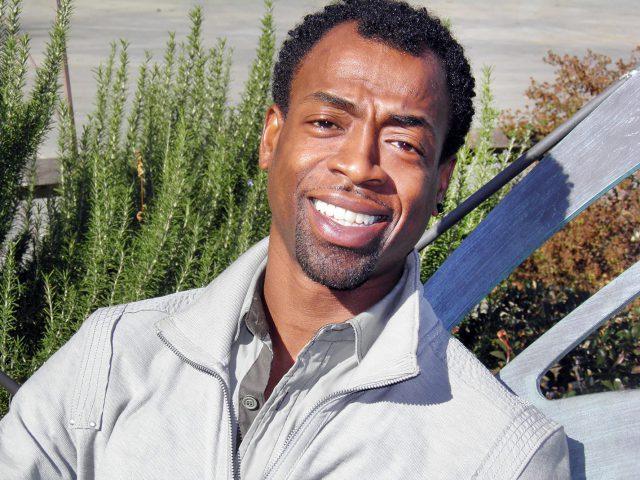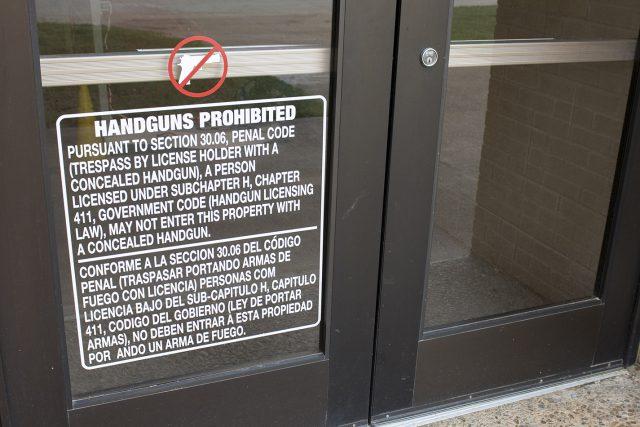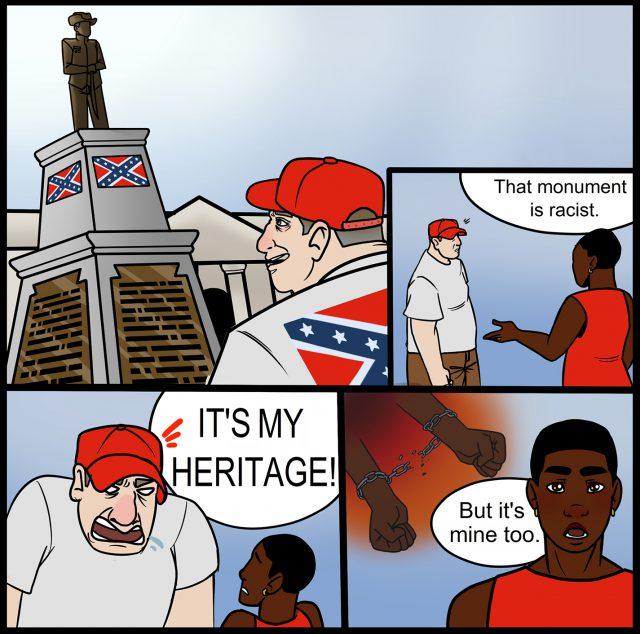By Kathryn Kelman/editor-in-chief
In July, President Donald J. Trump posted a tweet calling for a ban on transgender soldiers.
No one from the Pentagon or Capitol Hill had received any orders or bills regarding such a ban at that time and were blindsided.
Since then, the U.S. Commission on Civil Rights as well as many others have condemned the military ban on transgender individuals and have urged Trump to reconsider. But on Aug. 23, the White House said it would send guidelines to the Pentagon on implementing the ban and allow for the removal of current transgender soldiers.
Regardless of one’s views on transgender people, most would agree this ban is unnecessary. The military hasn’t requested it, and Americans haven’t been calling their senators demanding it. Clearly, this isn’t about the military needing money to take care of transgender soldiers.
So what is this really about?
In his tweet, Trump said the reason behind the ban was due to the military’s inability to cover the medical expenses of transgender soldiers, but banning them could cost the U.S. $960 million, according to NBC News.
Replacing transgender service members would cost the U.S. 100 times more than the annual cost of providing them transition-related care.
The military currently is the largest employer of transgender Americans with over 12,800 currently serving. With Trumps plans to deploy 4,000 more troops to Afghanistan, removing transgender soldiers doesn’t make a whole lot of sense, especially given it’s a choice to serve.
If someone’s brave enough to lace up their boots and go to war for this country, shouldn’t we support them regardless of their gender identity?
A ban would be insulting to those men and women currently working hard to protect our freedoms. Ultimately, though, anti-transgender legislation isn’t just about the military or bathrooms. It’s about their right to exist in public spaces and their right to the same freedoms all cisgender Americans have.
Trump’s transgender military ban is another attempt to attack their validity as people and roll back the progress LGBT activists have made over the last several decades. Marriage equality may have been granted in 2016, but the fight for LGBT rights is far from over.































